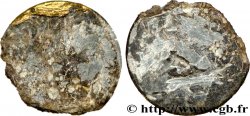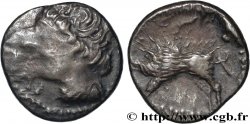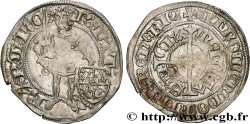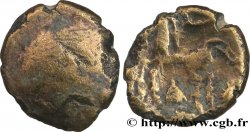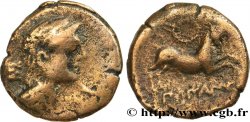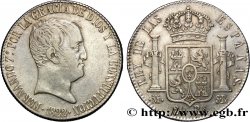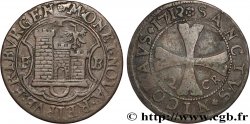fme_863579 - HELVETII (Currently Switzerland) Médaille, Reproduction du Potin du “type de Zürich”, n°174
90.00 €(Approx. 106.20$ | 78.30£)
Quantity
Add to your cart

Type : Médaille, Reproduction du Potin du “type de Zürich”, n°174
Date: 1971
Mint name / Town : Monnaie de Paris
Quantity minted : 500
Metal : copper
Diameter : 49,5 mm
Orientation dies : 3 h.
Weight : 143,88 g.
Edge : lisse + corne CUIVRE + 1971 + N°174/500
Puncheon : corne CUIVRE
Coments on the condition:
Patine hétérogène
Catalogue references :
Obverse
Obverse legend : ANÉPIGRAPHE.
Obverse description : Axe de symétrie vertical, orné de quatre demi-cercles aux extrémités bouletées.
Reverse
Reverse legend : ANÉPIGRAPHE.
Reverse description : Bouquetin (?) à gauche, retournant la tête ; la queue en esse au-dessus du dos, deux cornes aux extrémités bouletées, et sabots refendus ; l’animal est vu de profil avec deux pattes mais deux sabots à chacune.
Commentary
Médaille numérotée avec sa boîte cartonnée bleue.
Numbered medal with its blue cardboard box
Numbered medal with its blue cardboard box







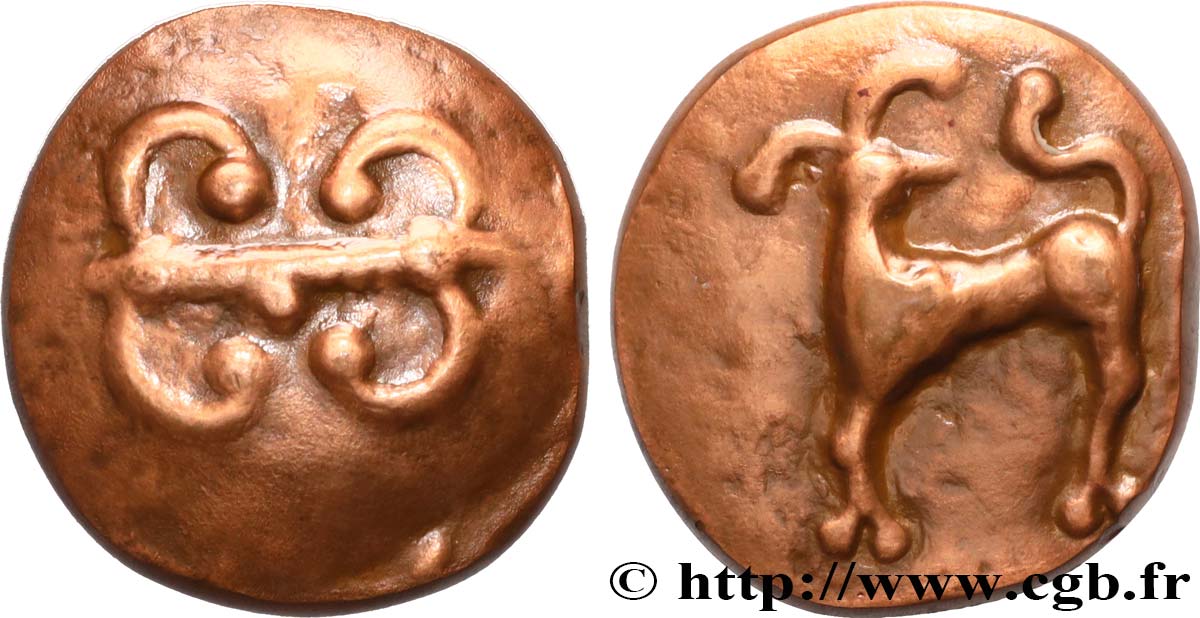
 Report a mistake
Report a mistake Print the page
Print the page Share my selection
Share my selection Ask a question
Ask a question Consign / sell
Consign / sell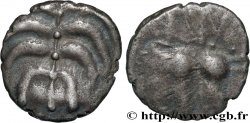
 Full data
Full data